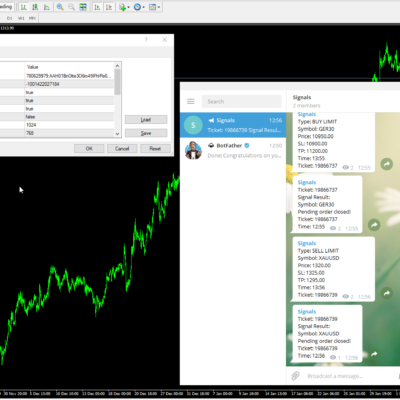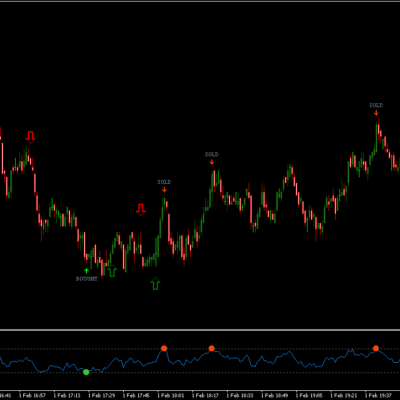Inflation has clearly increased in Germany. In September, the inflation rate was at 2.3 percent, said the Federal Statistical Office on Thursday in Wiesbaden. This is the highest rate since autumn 2011.
In August, consumer prices rose only 2.0 percent year on year.
The monthly price level rose 0.4% in September.
The price index (HICP), increased by 2.2 per cent year-on-year. This statistic is calculated for European comparison purposes, up 0.4 per cent on a monthly basis. The HICP is crucial for the monetary policy of the European Central Bank (ECB).
In September, inflation in the largest economy in the eurozone was well above the target of the European Central Bank (ECB).
The central bank is aiming for an inflation rate of just under two percent. This is a medium-term outlook. With this value, the monetary guardians see the stability of the prices as guaranteed.
So we can strongly expect the easing cycle to taper. Can we expect a taper tantrum?
So What Does That Mean?
We know that inflation has clearly increased in Germany. Well considering it’s weighting in the EuroZone, you would have to expect it will contribute enormously to the 2% ECB target for headline inflation.
Let’s break down what I’ve read on the news wires.
German inflation accelerated to a four-month high. This suggests the rate in the euro area will rise further above the European Central Bank’s goal. General expectations are for the ECB to consider tightening policy sooner than originally planned.
The ECB expects to end asset purchases in December.
Officials have signaled that borrowing costs won’t rise until after the summer of 2019.
The ECB acknowledged the threat of an uncertain economic environment. This is due to the trade wars.
What’s Next Then?
Is it time to start buying the Euro? Or is it time to start selling the Dax? Is it time to emigrate to Asia? All because inflation has clearly increased in Germany?
Financial markets need to prepare for a lengthy spell of turbulence. this is because more of the world’s top central banks begin shutting down stimulus programs. This also means raising interest rates. We are a decade after the collapse of Lehman Brothers. This ignited the global banking crisis. Now we are turning a new page and entering another strange economic landscape.




